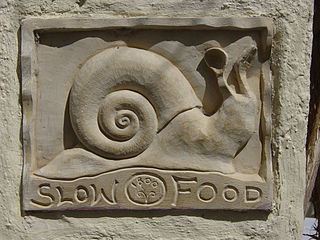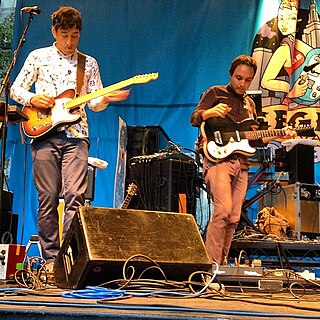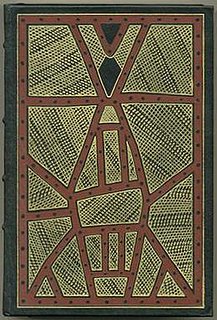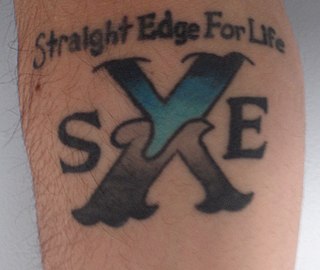Slow Life may refer to:
In culture:
- Slow Living, living in a more balanced, meaningful, and life-affirming way
- Slow movement (culture), a global cultural movement that emphasizes a thoughtful, slower pace in a variety of social areas
Slow living is a lifestyle emphasizing slower approaches to aspects of everyday life. The concept of 'slow' lifestyles started with the slow food movement, which emphasizes more 'traditional' food production processes as a reaction to fast food emerged in Italy during the 1980s and 1990s. Slow food and slow living are frequently, but not always, proposed as solutions to what the green movement describes as problems in materialistic and industrial lifestyles.

The slow movement advocates a cultural shift toward slowing down life's pace. It began with Carlo Petrini's protest against the opening of a McDonald's restaurant in Piazza di Spagna, Rome in 1986 that sparked the creation of the slow food movement. Over time, this developed into a subculture in other areas, like the Cittaslow organisation for "slow cities". The "slow" epithet has subsequently been applied to a variety of activities and aspects of culture.
In music:
- "Slow Life", a 2004 EP by Super Furry Animals
- "Slow Life", a song by Grizzly Bear (band)
- "Slow Life", a song by Jolin Tsai from Butterfly

Slow Life is an EP by the Welsh alternative rock band Super Furry Animals, released in 2004. The EP was made available as a free download and also saw a limited CD release, bundled with remix album Phantom Phorce. Lead track "Slow Life" appeared on the 2003 album Phantom Power and was originally composed as a purely electronic song by keyboardist Cian Ciaran several years earlier. The band were keen to finish the track and Ciaran encouraged them to jam over his original version—this jam was then edited and made into the finished song. The track "Motherfokker" is a collaboration between the Super Furry Animals and rap group Goldie Lookin Chain.

Grizzly Bear is an American rock band from Brooklyn, New York, formed in 2002. The band consists of Edward Droste, Daniel Rossen, Chris Taylor, and Christopher Bear. The band employs traditional and electronic instruments. Their sound has been categorized as psychedelic pop, folk rock, and experimental, and is dominated by the use of vocal harmonies.

Butterfly is the tenth studio album by Taiwanese singer Jolin Tsai. It was released on 27 March 2009, by Warner Music Taiwan. The anticipated follow-up to her 2007 studio album Agent J was Tsai's first record after signing with Warner in December 2008. In March 2009, the music video of the lead single, "Real Man", premiered on the Asia's largest LED-screen of the time in Beijing. Always reinventing the visual style of her music, Tsai employed some stunning ballet routines in the music video of the titular dance anthem, "Butterfly". Although critics reacted negatively and commented the album a "confusing patchwork", the album was a commercial success. The album has sold more than 1 million copies sold in Asia, with more than 190,000 copies sold in Taiwan alone, and became the best-selling album of the year in Taiwan. The title track, "Butterfly", reached number 10 on the Hit FM Top 100 Singles of the Year. The lead single, "Real Man", reached number 25 on the chart.
In writing:
- "Slow Life" (novelette), a science fiction story by Michael Stanwick

"Slow Life" is a science fiction novelette by Michael Swanwick. It won the Hugo Award for Best Novelette in 2003.
| This disambiguation page lists articles associated with the title Slow Life. If an internal link led you here, you may wish to change the link to point directly to the intended article. |








